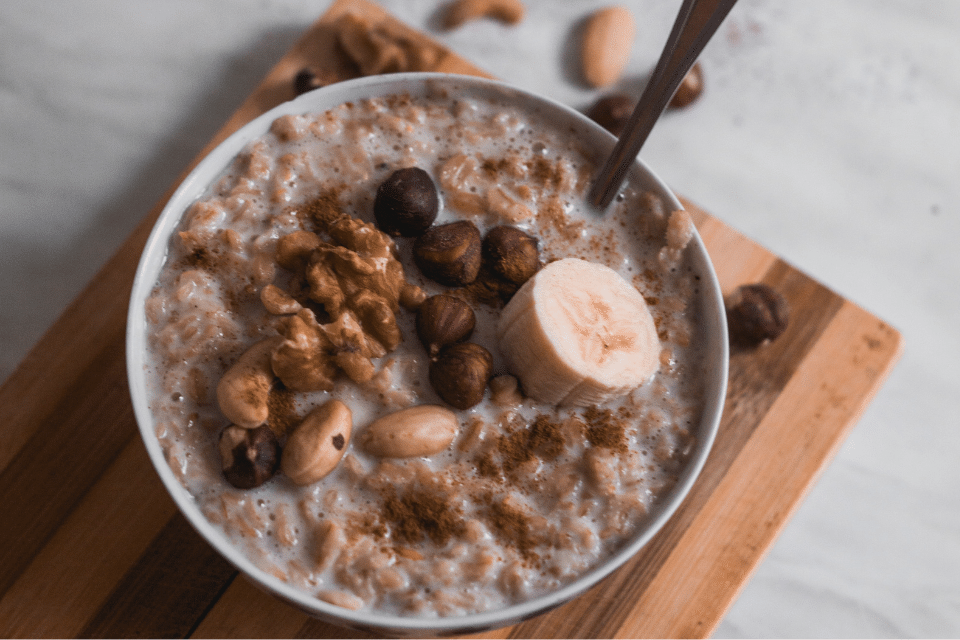Are dysbiosis and IBS linked?
Irritable bowel syndrome (IBS) can be an incredibly frustrating chronic disease because we don’t know for sure what causes it. Many researchers have looked into possible causes, one of which is dysbiosis. Dysbiosis is the imbalance of bacteria in your gut microbiome. This means that something caused either a decrease in your good bacteria, an increase in your bad bacteria, or a lack of bacterial diversity in general. The symptoms of dysbiosis are typically very similar to the symptoms of IBS and many other gut health conditions. These symptoms include nausea, diarrhea, bloating, gas, and constipation.
A 2020 systematic review and meta-analysis looked at whether there is gut microbial dysbiosis in IBS patients compared to healthy controls. They found that most people with IBS had lower amounts of Lactobacillus and Bifidobacterium and high amounts of E.Coli. The authors noted that there was dysbiosis in IBS, but more large-scale studies are needed to provide treatment recommendations (1). Another study has shown that dysbiosis may play a big role in the onset of autoimmune conditions like Ulcerative Colitis, Crohn’s disease, Type 1 Diabetes, and Multiple Sclerosis (2). It also talks about what event may lead to dysbiosis, which leads us to our next talking point…
What causes dysbiosis?
- Medications, like antibiotics: While antibiotics can be life-saving, their overuse in recent years may be the cause of dysbiosis in some people. Antibiotics kill or inhibit the growth of bacteria, which is great for stopping an infection but not so great for all of our beneficial gut bugs.
- Diet: The standard American diet (SAD) contains overly processed foods with high amounts of salt, sugar, and fat. It is extremely low in fruits, vegetables and whole grains, which we know are not beneficial for our gut bacteria. We also know that diets very high in protein and alcohol (more than two drinks per day) can be problematic for our guts.
- Pathogens: Bacteria and viruses in the gut may lead to dysbiosis. Some people develop post-infectious IBS brought on by gastroenteritis infections.
Treatment of dysbiosis
At this time, there is no specific pathway for treating dysbiosis. Most practitioners may treat the root cause (like a bacterial infection) and talk about different dietary changes you can make. For someone with IBS, this would look like a low FODMAP diet with the inclusion of some prebiotics and probiotic-rich foods. It’s important to note that there is no clinically studied “Dysbiosis Diet” or dysbiosis supplements. If someone is marketing this diet to you and trying to sell you a whole bunch of supplements to “heal your gut”, be sure to ask for their evidence.
- Low FODMAP: If you have IBS, consider the low FODMAP diet. FODMAP stands for fermentable oligosaccharides, disaccharides, monosaccharides, and polyols. Some carbohydrates are malabsorbed in our intestines. When they reach our small intestines, they attract and pull water into the large intestines. Bacteria then start to rapidly ferment these carbohydrates, causing issues like gas, bloating, abdominal pain, and altered bowel movements in those with IBS. Remember, this is a short-term solution for symptom management. The elimination phase is meant to last two to six weeks, followed by a reintroduction or challenge phase. If you’re struggling with reintroduction or aren’t sure where to start, reach out to a Registered Dietitian trained in the low FODMAP diet.
- Prebiotics: Prebiotics are like food for your gut bacteria. They’re extremely important for gut health and unfortunately, many people do not get enough due to the lack of fiber and plants in their diet. If you’re on the low FODMAP diet, you are likely limiting many foods that are rich in prebiotics! This is another reason that you don’t want to stay on the low FODMAP diet long-term. Be sure to work with a Registered Dietitian if you’re struggling to get out of the elimination phase. In the meantime, consume low FODMAP prebiotic-rich foods like gluten-free grains (quinoa, brown rice, buckwheat, oats), unripe bananas, canned chickpeas, and lentils, and small portions of nuts. Many prebiotic-rich vegetables have a low serving size, such as beets and artichokes.
- Probiotics: You can read more about probiotics here, but at this time we don’t know if probiotics help to treat dysbiosis. The difficult thing with probiotics is that there are many strains, many amounts, and not enough studies showing us what the right strain and amount is for specific disease states (or general health for that matter). We know that many fermented foods can be beneficial for our gut microbiome, so choosing products that have live active cultures (aka probiotics) added to them is a good start. If you’re interested in trying a probiotic supplement, work with your healthcare provider to choose one specific to your needs and health status.
References
- Wang, L., Alammar, N., Singh, R., Nanavati, J., Song, Y., Chaudhary, R., & Mullin, G. E. (2020). Gut Microbial Dysbiosis in the Irritable Bowel Syndrome: A Systematic Review and Meta-Analysis of Case-Control Studies. Journal of the Academy of Nutrition and Dietetics, 120(4), 565–586. https://doi.org/10.1016/j.jand.2019.05.015
- Petersen, C., & Round, J. L. (2014). Defining dysbiosis and its influence on host immunity and disease. Cellular microbiology, 16(7), 1024–1033. https://doi.org/10.1111/cmi.12308


